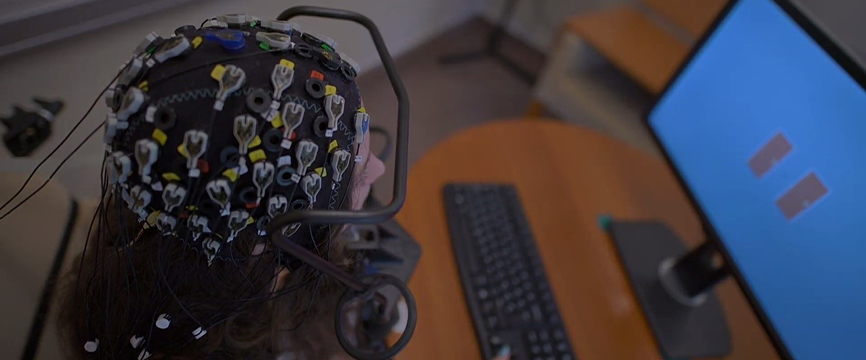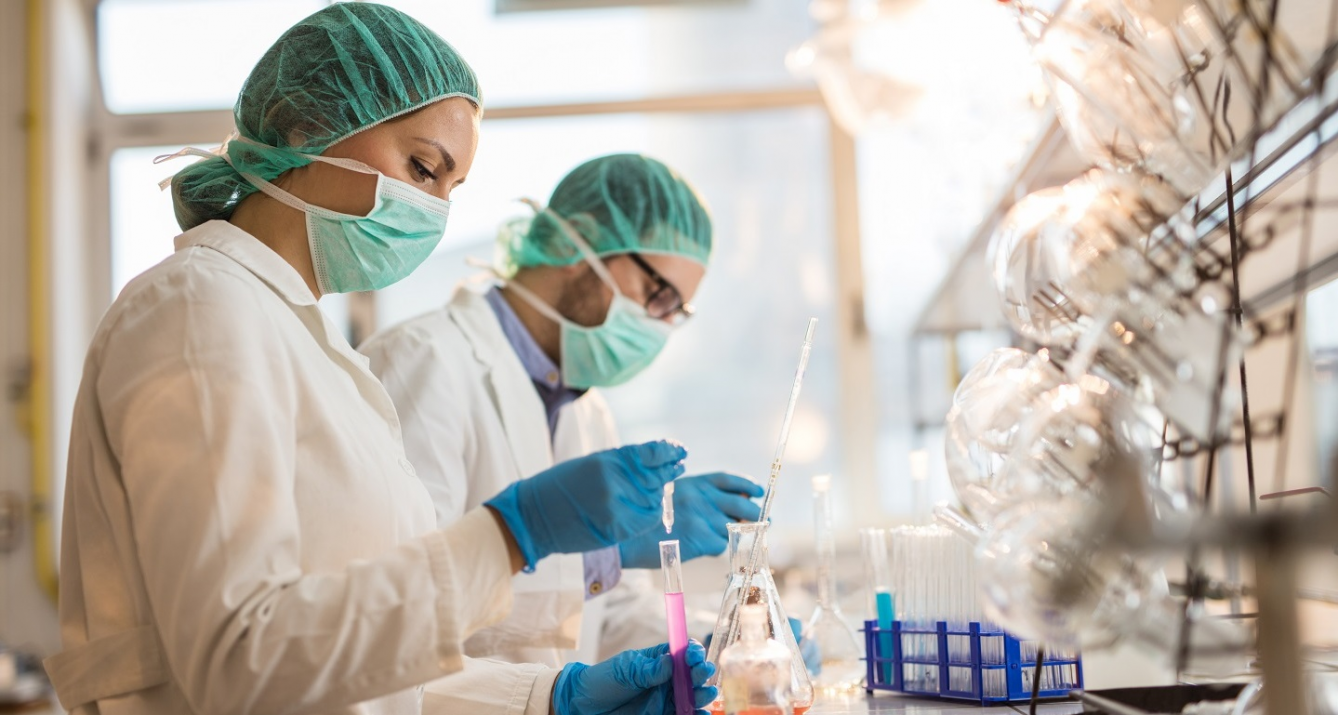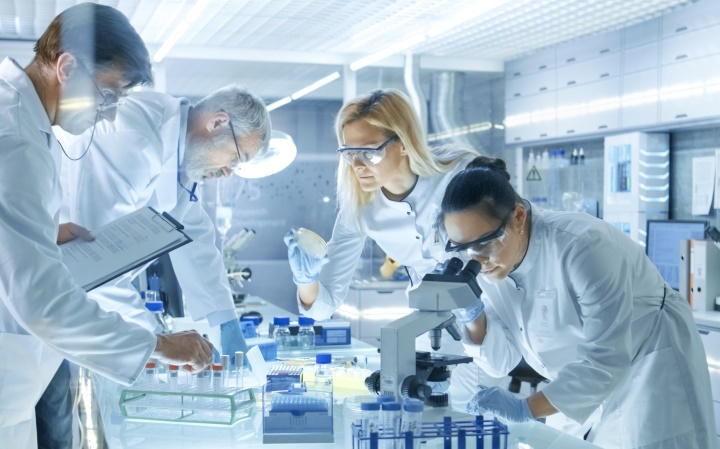
Basic data
Field of Operation
Place of implementation
Description
The mission of the National Laboratory is to comprehensively understand the disease mechanisms underlying pathological changes in the nervous system that occur in the early stages of life, resulting from the multifaceted interaction of genetic and environmental factors, and thereby develop new diagnostic and intervention options. Methodologically improve the prevention and treatment of CNS diseases, with a unique research spectrum covering nervous system developmental disorders and diseases from childhood to adulthood. Using the methods of digital medicine and data-driven health care, the Laboratory utilizes the structured national clinical data assets in the therapy of nervous system pathologies through the development of online platforms/registries and analytical programs through the direct integration of real-life data.Main research areas:
-
Autism spectrum disorder
-
The pathomechanisms of perinatal insults (preterm birth, asphyxia, hypoxic-ischemic encephalopathy)
-
Disturbances in childhood social environment
-
Inflammatory mechanisms in early nervous system disorders
-
Endocrine factors (abnormal changes in hormone levels, endocrine disruptor compounds, microbiome metabolites)
-
Stroke
-
Skull- brain damage
-
Movement disorder (Parkinson’s disease)
-
Epilepsy
-
Schizophrenia
Benefits to be expected from laboratory research:
- Scientific basis for new, effective therapies in neonatal conditions (preterm birth and asphyxia), e.g. in the field of neuroprotection, including translational preclinical and clinical investigation of pathomechanisms of brain damage caused by perinatal hypoxic-ischemic encephalopathy (HIE).
- Inflammatory biomarkers in blood and saliva samples from neonatal HIE patients that can be used to infer the long-term effects of early nervous system damage.
- Recognition of cellular and synaptic rearrangements and potential target molecules in the neuronal network of brain regions affected by early social stress
- Identification of microbiome metabolites underlying autism and ADHD.
- More accurate understanding of the effects of thyroid, sex hormones and endocrine disruptor (ED) compounds on brain development and behaviour
- Neurological disease online platforms/registries and analytical programs.
- Structured neurological disease data assets.
- Neuro-intensive therapeutic decision support software.
- New therapeutic protocols and procedures in the treatment of people living with stroke, Parkinson's disease, and epilepsy, which lead to gains in useful life years; measurable health-economic benefit in the above diseases.
Consortium leader
University of Pécs
Consortium partners
- HUN-REN Institute for Computer Science and Control
- HUN-REN Institute of Experimental Medicine
- HUN-REN Research Centre for Natural Sciences
- Richter Gedeon Plc.
- Semmelweis University
- University of Szeged
Utolsó módosítás: 18 June 2024
Related news
News and Press

News
A hazai kutatók nemzetközi beágyazottságát, kutatás-fejlesztési együttműködéseit nagymértékben elősegíti aktív kapcsolatuk a világ legjelentősebb kutatási infrastruktúráival (KI) és bekapcsolódásuk az ott folyó élvonalbeli kutatásokba. A legkorszerűbb KI-k olyan nagy költségű berendezések, létesítmények vagy adatbankok, amelyek építése, fejlesztése és működtetése meghaladja egy-egy ország gazdasági teljesítőképességét, így nemzetközi együttműködésben valósulnak meg.
18 02 2022

News
Budapest, Saturday, 9 April 2022 (MTI) - According to recent government decisions, a total of ten billion forints will be used in world-class research and development projects and the Cooperative Doctoral Programme, the Ministry for Innovation and Technology (ITM) told MTI on Saturday.
09 04 2022

News
Vice President Katalin Sebők spoke about the functioning, benefits and role of Regional Innovation Platforms in building the innovation ecosystem at the event showcasing university technologies.
28 03 2022




 ENG
ENG

 Back
Back




